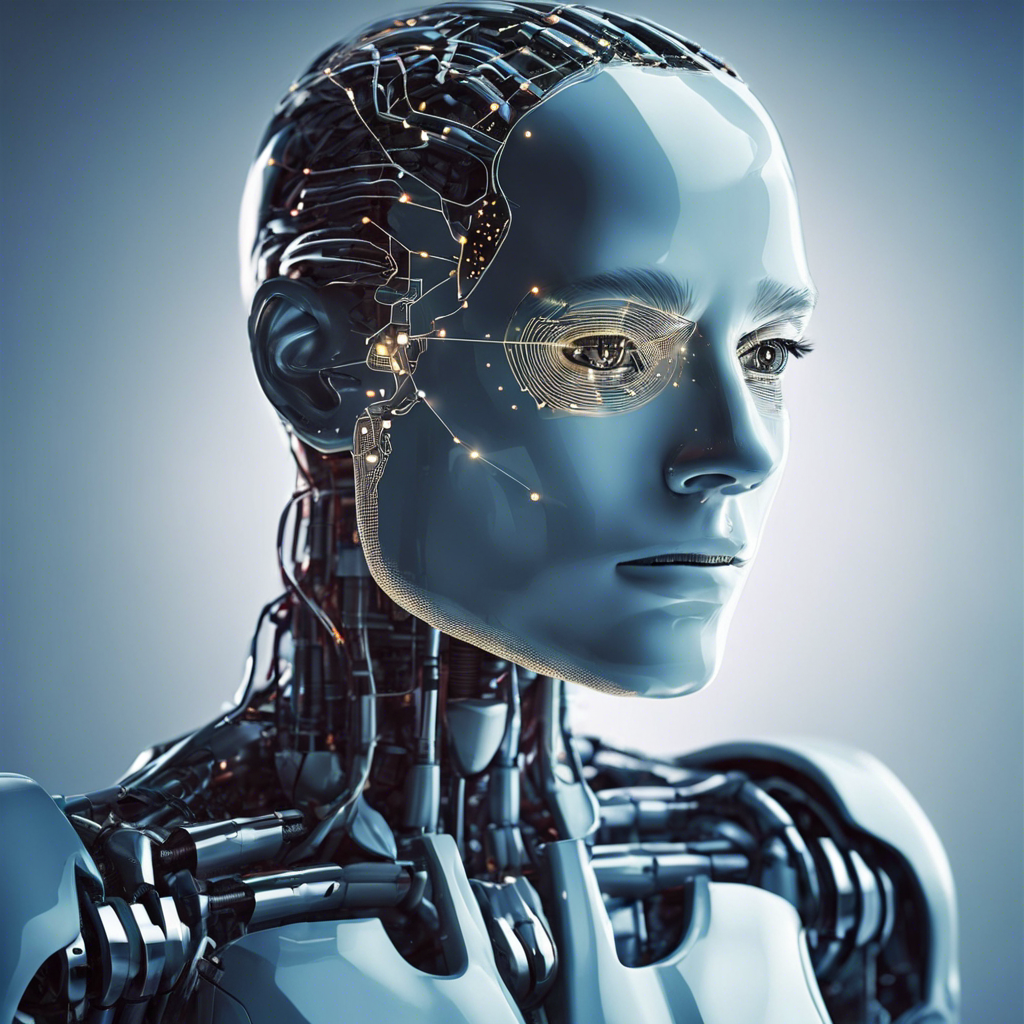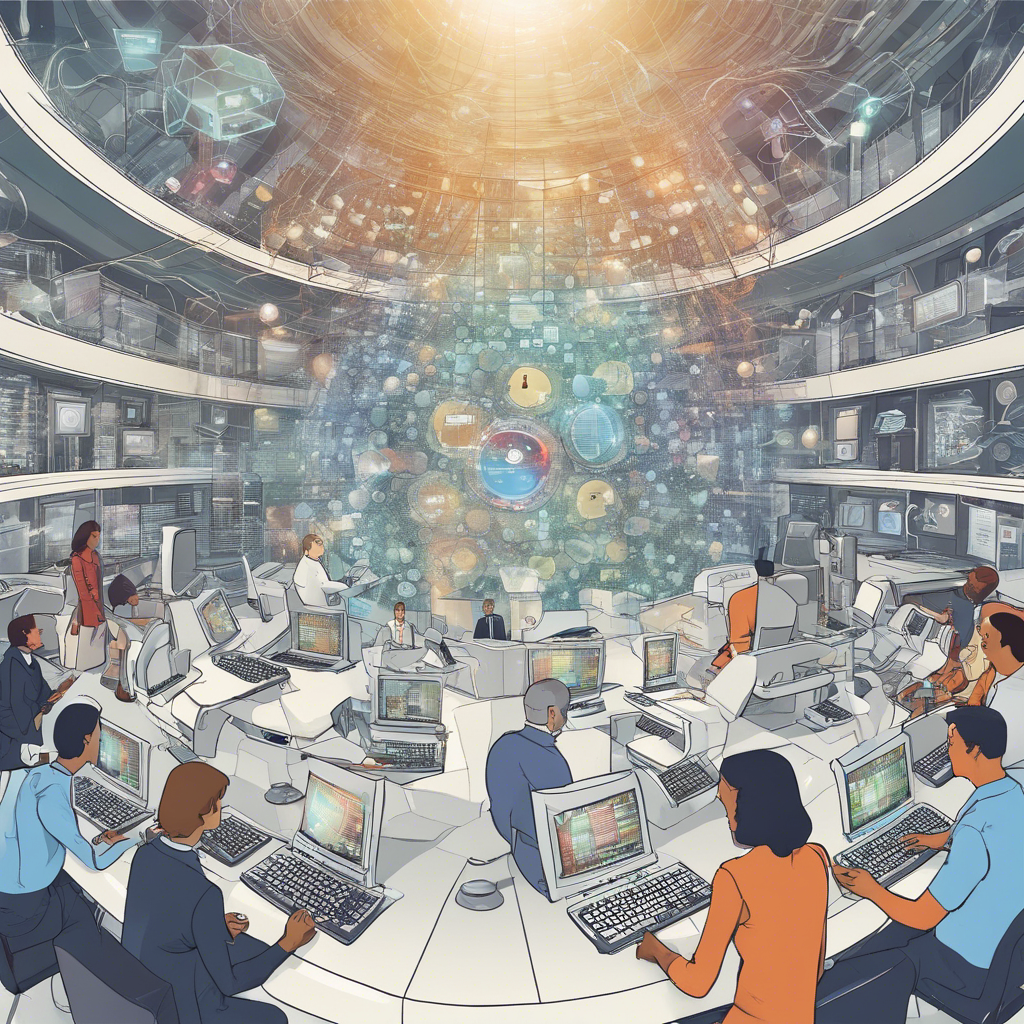The Microsoft co-founder discusses the potential of artificial intelligence and its impact on the future of work.
In a recent interview on Trevor Noah’s “What Now? With Trevor Noah” podcast, Bill Gates, the co-founder of Microsoft, shared his thoughts on the potential of artificial intelligence (AI) and its ability to revolutionize the way we work. Gates believes that AI has the potential to allow humans to work just three days a week, as machines take over the tasks that currently require human labor. While acknowledging the need for a transition period and support for those affected by job displacement, Gates sees a future where AI frees up more leisure time for individuals to pursue other interests and activities.
The Purpose of Life Beyond Jobs:
Gates argues that the purpose of life extends beyond simply doing jobs. He envisions a society where machines can handle the production of food and other necessities, allowing humans to work less and have more leisure time. Gates believes that if the demand for labor can still be met by matching skills to available tasks, then a reduction in work hours is not only feasible but also desirable. However, he acknowledges the need to address the challenges that may arise from an aging society and the need for individuals to learn new skills.
The Pace of Technological Progress and Job Displacement:
Reflecting on the pace of technological progress, Gates acknowledges that job displacement is a natural consequence of new technologies. However, he emphasizes the importance of a reasonable pace of change and government support to ensure a smooth transition for those affected. Gates cites the example of the decline in the number of farmers in recent generations due to advancements in agriculture. If AI adoption proceeds at a reasonable pace and individuals are provided with the necessary resources to learn new skills, Gates believes that the benefits of increased productivity outweigh any potential downsides.
AI’s Potential Benefits and the Need for Regulation:
Gates has been a vocal advocate for the potential benefits of AI in various sectors, including productivity, healthcare, and education. He envisions AI-powered personal assistants, or “agents,” that can assist with a wide range of activities and aspects of life. However, Gates also emphasizes the need for establishing “rules of the road” to ensure that the benefits of AI outweigh any potential risks. By establishing guidelines and regulations, society can harness the power of AI while mitigating any negative consequences.
The Future Impact of AI on Jobs:
As companies around the world increasingly embrace AI technology, the potential impact on jobs and workflows has become a topic of discussion. According to a survey by the World Economic Forum, nearly three-quarters of companies surveyed indicated their intention to adopt AI. While 50% of the companies expected AI to create job growth, 25% anticipated job cuts. LinkedIn has also reported a surge in job advertisements referencing AI, indicating the growing demand for AI-related skills.
Conclusion:
Bill Gates’ vision of a future where humans work just three days a week thanks to AI highlights the potential of technology to reshape our lives and work patterns. While acknowledging the challenges of job displacement, Gates emphasizes the need for a reasonable pace of change and support for individuals to learn new skills. As AI continues to advance, it is crucial to strike a balance between harnessing its benefits and addressing any potential downsides. With the right approach, AI has the potential to enhance productivity, improve healthcare and education, and create new opportunities for leisure and personal growth.











